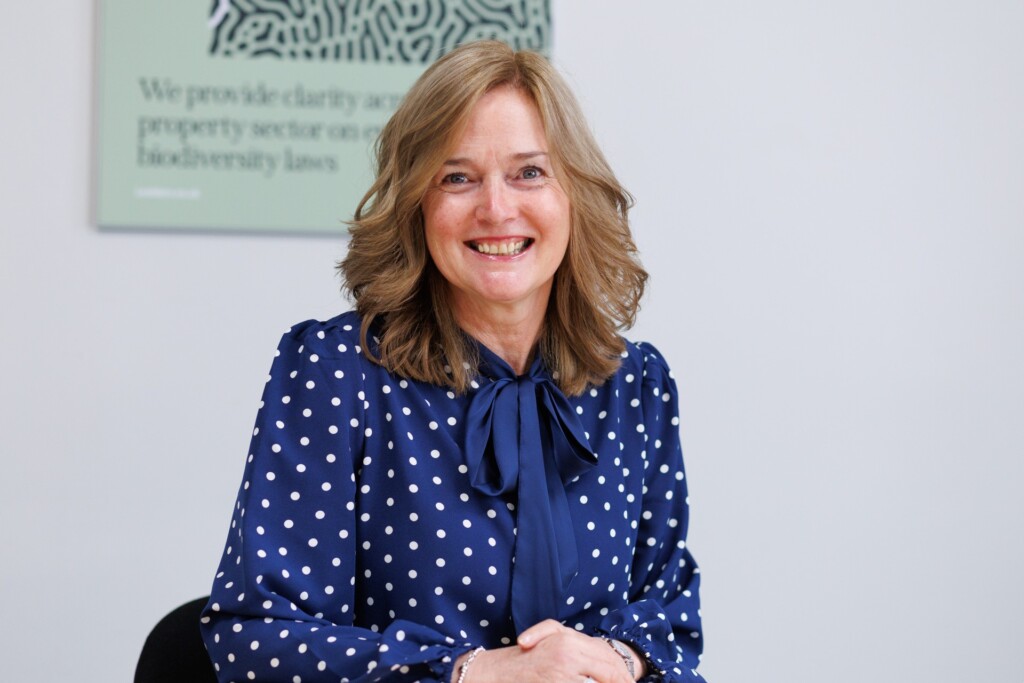Partner and head of Family law team, Beverley Morris, explains the case of Mills v Mills.
As of the 8 August 2017 permission for appeal was granted by the Supreme Court.
I represent the Husband in this case, Graham Owen Mills. The facts of the case are already within the public domain given the determination by the Court of Appeal Civil Division (England & Wales), which is a reported decision.
The Supreme Court, on the 8 August 2017, granted permission to Mr Mills to appeal, from the Court of Appeal, on a single ground: whether provision having already been made for the Wife’s housing costs in the capital settlement, the Court of Appeal erred in taking these into account when raising periodical payments.
A hearing date has yet to be scheduled but the case does, of course, have important implications in the proper approach to applications for maintenance (referred to as periodical payments) pursuant to the provisions of the Matrimonial Causes Act 1973, after the granting of a decree of divorce.
The facts
In short, the facts of the Mills v Mills case are as follows:-
The parties married back in 1987 and separated after 15 years of marriage. They subsequently divorced. Under the provisions of the financial Order agreed between them, the Husband conceded the bulk of the capital to the Wife to enable her to rehouse herself and the parties’ child on a mortgage-free basis. In addition, the Husband agreed to maintain the Wife at a level of £13,200 per annum, and the Husband also made child maintenance and school fees payments.
The matter came back before the Circuit Judge in the Family Court in London in June 2015. Before the Court were cross applications – the Husband’s application seeking to discharge or reduce the maintenance element of the Order and the Wife’s cross application seeking an upward variation. The Husband’s case included issues concerning the Wife’s management of funds and her ability to increase her earning capacity and/or meet need from her own earning capacity. His Honour Judge Everall dismissed both applications.
Both parties sought permission to appeal the decision.
The Court of Appeal assessed the Wife’s needs and determined that the Husband should have to pay more as the Wife was unable to meet her basic needs.
A central argument in the Husband’s case is that, having made provision for the Wife’s housing fund when the parties first divorced, the Wife had a responsibility to utilise those funds in the manner anticipated by the Court – the provision of mortgage-free housing for herself and the parties’ son. If the Wife had exhausted her entire capital fund by virtue of choices that she made, then any increase of periodical payments to include rent is wrong as that is not a need that has been generated by this marriage and/or by this Husband.
Essentially the case will look at the responsibility of the parties and the obligations placed upon them to transition towards independence. It is argued on behalf of Mr Mills that he has done all that can be expected of him to move on with his life post divorce, to take responsibility and to be financially prudent. It is argued that the same cannot be said of the Wife and if she has eroded her capital position, it should not form a responsibility that falls, once again, on the shoulders of the Husband, years after the parties have divorced, to meet that ongoing need.
Lodders partner and head of Family law, Beverley Morris, explains the case of Mills v Mills. Beverley represents the husband in this case, Graham Owen Mills.
- The Supreme Court granted permission to Graham Mills to appeal the decision of the Court of Appeal[1]on the single ground: ‘whether provision having already been made for the (wife) respondent’s housing costs in the capital settlement, the Court of Appeal erred in taking those into account when raising her periodical payments’, as it did on 1 February 2017 on appeal from the Central Family Court (which on 9 June 2015 had declined to vary up or down the original financial provision order, made by consent on 7 June 2002, some 14½ years earlier).
- In representing Graham we sought to argue that despite the limited ground on which permission had been granted, the court would need to consider a wide range of issues which would include, but not be limited to:-
- Fairness,
- Discrimination,
- The meaning of “need”,
- The principles to be applied in awarding and varying periodical payment (maintenance) orders,
- Whether the Court of Appeal had applied the statute – the Matrimonial Causes Act 1973, more particularly section 31,
- Whether the Court of Appeal had applied the correct test in the reported decision of North v North.
- The consequences of unwise, mismanaged, irresponsible or otherwise unfortunate financial decisions made by the recipient of the maintenance award.
Put at its simplest, the fact that Mrs Mills had been given £230,000 which would and should have provided her with a mortgage-free home, rent should form no part of her income needs budget. That it was not the function of maintenance payments to allow a recipient to recover, once again, housing provision. That financial mismanagement on the part of Mrs Mills (in not being able to explain, at all, what had happened to her money and how it had been spent) should have a consequence.
- The key aspects of the marital history are set out below.
- The parties had begun to live together in 1986 and had married in June 1987.
- The marriage (including a year of prior cohabitation) lasted some 13½ years.
- One son was born to the marriage.
- The parties agreed in 2002 how they would divide up their assets and the orders they would agree to. There were medical issues relating to the wife which meant that she was not working and did not anticipate being able to work. On the sale of the parties’ matrimonial home, Mrs Mills received £230,000 or 91% of the liquid marital capital. Child maintenance in the sum of £300 per month to Mrs Mills for the benefit of the parties’ son until he reached 18, ceased full-time education or further order. Spousal maintenance to Mrs Mills for her own benefit on an open-ended joint lives basis at the rate of £1100 per month.
- There were property particulars before the court, in 2002, which evidenced suitable houses available to the wife that she would be able to acquire on a mortgage-free basis within the amount she received from the sale proceeds.
- Following the 2002 order, the wife purchased three properties, all in excess of £230,000 and all requiring the aide of a mortgage. The third property she acquired for £520,000 selling subsequently for £580,000.
- Graham Mills subsequently applied to reduce the maintenance being paid to Mrs Mills downwards seeking either – a discharge of the order, a variation downwards and/or the imposition of a term of years. His application came before HHJ Everall QC in 2015. At this hearing Mrs Mills also applied to vary the order upwards and to seek a capital sum to bring about a clean break. HHJ Everall QC dismissed both parties’ applications. Of importance, at the hearing in 2015 the judge made a number of key findings against Mrs Mills which included:-
- She “did not manage her finances wisely”
- He made findings as to the wife’s ability/willingness “to give a clear picture of her financial circumstances in the years following the 2002 order”:
- “The wife was not able to tell me what she earned at that time.”
- In respect of January 2006 and the increase in her mortgage of approximately £92,000 “The wife could give no satisfactory explanation as to what the reason was.”
- “The wife has a normal social life, unhindered by any medical condition” He rejected Mrs Mills’ case as to the impact of her medical condition upon her ability to generate an income.
- “She could not remember what she earned….her evidence about her current health difficulties was… somewhat exaggerated”.
- Mrs Mills was ‘not a fully satisfactory witness”, and “unable to give a clear picture of her financial circumstances in the years following the 2002 order.”
- Black LJ granted Mrs Mills permission to appeal, to the Court of Appeal, on limited grounds, namely that HHJ Everall QC was wrong, and was looking at Mrs Mills’ needs too restrictively when he declined to increase the maintenance notwithstanding that on the evidence Mrs Mills was unable to meet her essential needs on the basis of her income. An element of those needs was, of course, a high figure for rent given that Mrs Mills had used all her capital and was now in rented accommodation.
- The Court of Appeal increased the level of maintenance that Mr Mills had to pay.
- On the 6th June 2018, Mr Mills’ appeal was heard. The outcome was awaited.
[1] Mills v Mills [2017] EWCA Civ, on appeal from the order of HHJ Everall QC sitting in the CFC on 9 June 2015 (MS117)
For help or advice please contact Beverley Morris on 0121 200 0890 or drop her an email.
Contact usContact us
Need more advice?
For help with a legal problem or more information on any of our services at Lodders, please get in touch with our friendly team. You can contact us via the number or email address below, or fill in the form and we will get back to you as quickly as we can.

Contact a member of the team
Read more
Other news, insights and events







